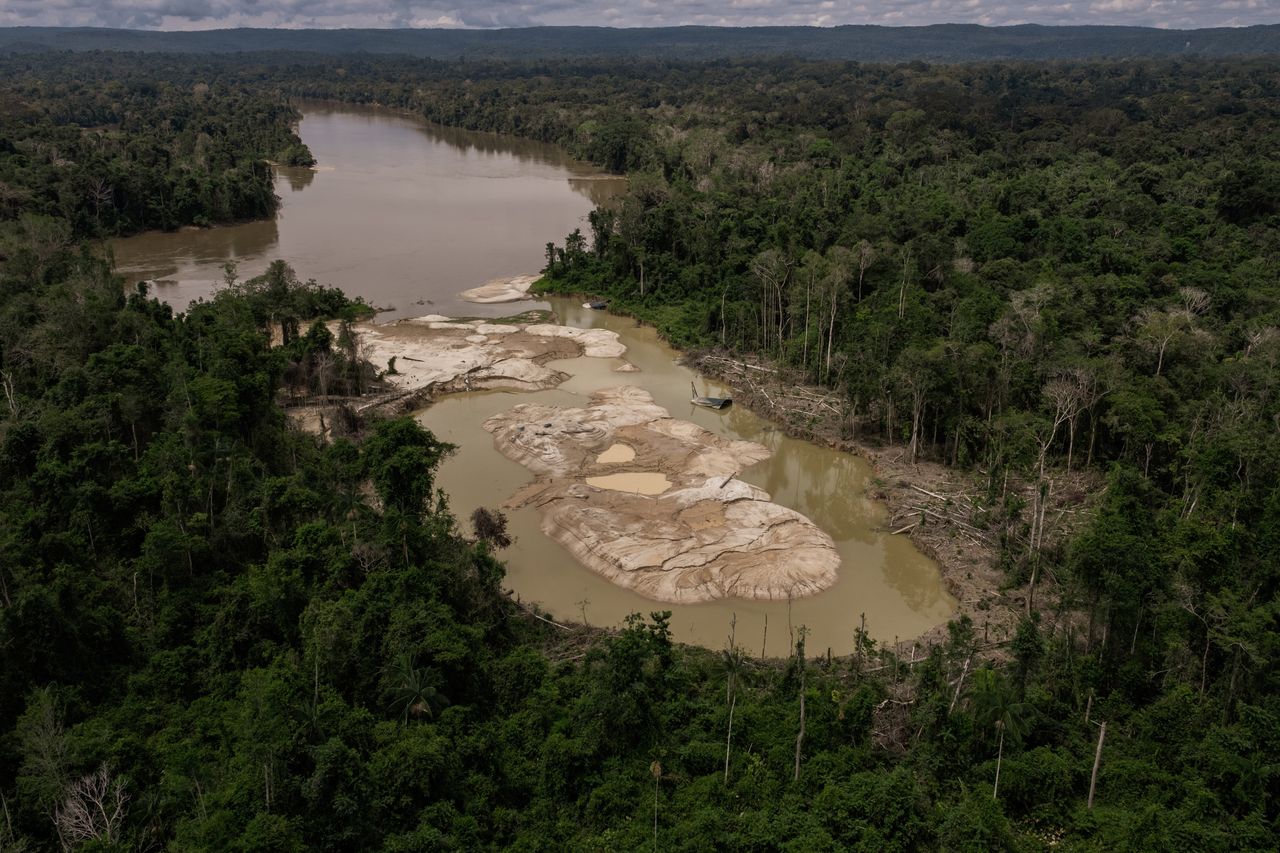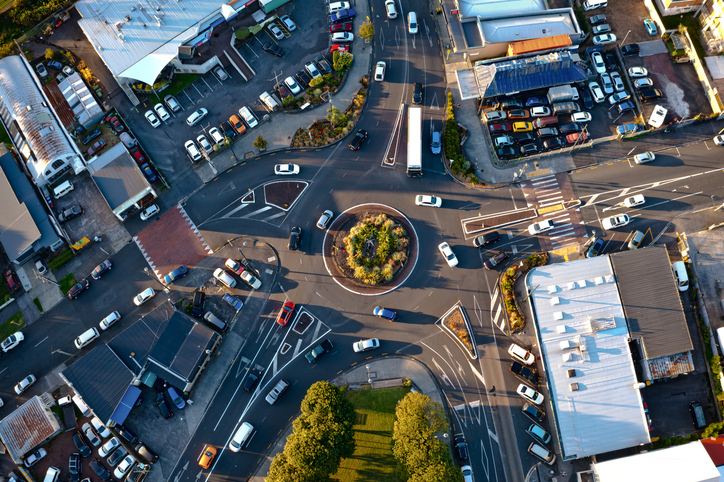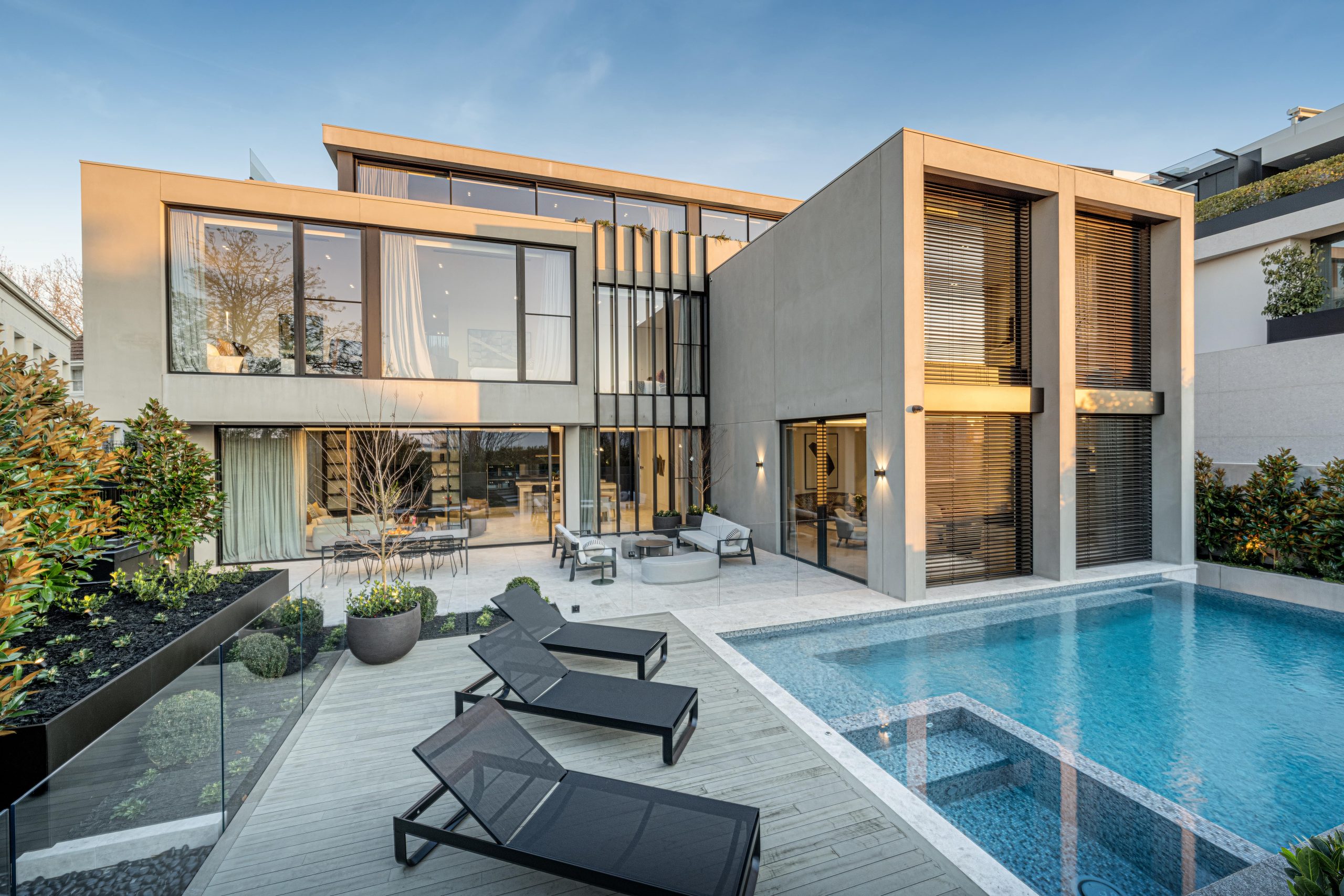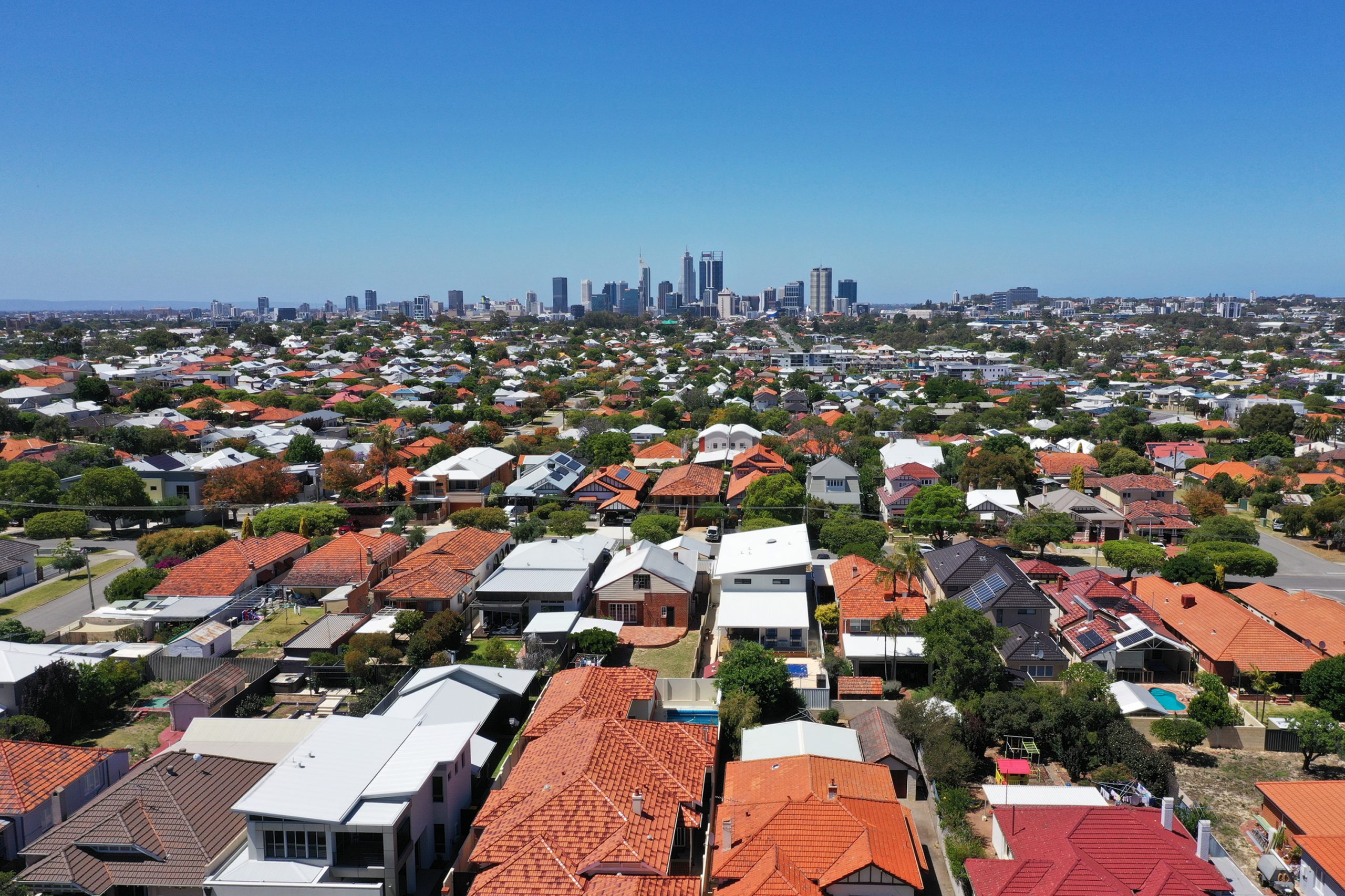Latin American Countries Aim to Curb Amazon Deforestation
Brazil’s president hosts regional leaders as rainforest risks losing ability to help offset climate change
SÃO PAULO—The Latin American countries that share the Amazon rainforest embarked on a two-day meeting Tuesday in the Brazilian jungle city of Belém with an aim to halt the deforestation that many scientists blame for accelerating climate change.
Brazil, home to 60% of the world’s biggest rainforest, held a meeting for presidents and top officials from countries that are home to the rest of the Amazon: Peru, Colombia, Bolivia, Venezuela, Ecuador, Guyana and Suriname. The summit is the first in 14 years for the Amazon Cooperation Treaty Organization, a group that arose from a treaty Amazonian nations signed in 1978 to promote harmonious development of the region. France, which oversees French Guiana on South America’s northeast shoulder, was represented by the French ambassador in Brasília.
The meeting comes as Brazilian President Luiz Inácio Lula da Silva seeks to position his country as a leading voice in the global fight against deforestation, and facilitator of cross-border environmental cooperation on the continent through the 45-year-old treaty.
“It’s never been more urgent to resume and widen this cooperation—it’s the challenge of our era,” said da Silva in his opening speech Tuesday.
Other countries with large tropical forests, such as Indonesia, Republic of Congo and the Democratic Republic of Congo, were expected to join the meeting along with Norway and Germany, which contribute to deforestation programs. The United Arab Emirates, which will host this year’s United Nations climate summit in Dubai, was also to attend.
Twice the size of India, the Amazon rainforest has long absorbed more carbon than it releases, acting as a vital brake on global climate change. But with close to 20% of the original forest now gone, scientists tracking the forest say the Amazon could be close to its so-called irreversible tipping point, at which it would dry out and eventually become savanna. The effects could be global. Climate scientists have blamed forest loss for contributing to global warming, which the U.S. Environmental Protection Agency has said explains why heat waves in countries such as the U.S. are becoming more common.
Deforestation in Brazil’s Amazon has hit its lowest level in four years since da Silva’s administration started in January, dropping about 34% in the first six months of this year compared with the same period last year, according to preliminary data from Brazil’s National Institute of Space Research, known as INPE. While da Silva has vowed to bring jungle destruction down to zero by 2030, he has argued that this can’t be done at the cost of the livelihoods of the some 30 million people who live in Brazil’s Amazon.
Instead, Brazil must build a new green economy in the Amazon with financing and investment from abroad, da Silva argues, as well as develop a regulated carbon market. Brazil relies on foreign donations to help operate its underfunded environmental enforcement agencies, which use helicopters, drones and other equipment to monitor illegal deforestation across the vast area.
“What we want is to tell the world what we’re going to do with our forests and what the world has to do to help us,” da Silva said in a government statement. Da Silva said he plans to pressure wealthy nations to fulfil the pledge they made during the 2015 Paris climate accord to provide $100 billion a year to help developing countries fight climate change.
Other Latin American countries, including Colombia and Peru, have set deforestation targets but face serious challenges from illegal mining and drug gangs that have tightened their grip over the forest in what the U.N. recently referred to as “narco-deforestation.”
Tackling deforestation is one of the most urgent tasks facing South America, scientists say.
Heavily-deforested parts of the Amazon’s southeastern region have already ceased to function as a carbon absorber and are now a carbon source, according to a study published in 2021 by Luciana Gatti, a researcher for INPE, which uses satellites to track deforestation.
The Amazon rainforest influences weather patterns around the world and as deforestation advances, this could make extreme weather events more common, said Daniel Nepstad, who heads the California-based Earth Innovation Institute and has worked in the Amazon for more than 30 years.
“The forest is a global air-conditioning unit…an enormous heat processing machine that influences weather around the world,” said Nepstad, adding that the willingness of all leaders to meet to discuss the issue was in itself a “hugely positive outcome.”
Deadly heat waves have upended daily life in large parts of the U.S., Europe and Asia this year, while unusually high temperatures in South America’s winter have melted snow in the Andes mountains.
Regional coordination is vital, environmentalists say. Deep in the Amazon, where indigenous communities often straddle borders and loggers and criminal groups move freely, one country’s efforts can easily be rendered ineffective by those of its neighbour.
Such a summit seemed a distant possibility just a year ago, when da Silva’s right-wing predecessor Jair Bolsonaro was president. Bolsonaro, who jokingly referred to himself as “Captain Chainsaw,” cut funding for environmental enforcement and bristled at attempts from foreign countries to influence his stewardship of the Amazon even as he called on them to fund deforestation efforts.
Under the conservative leader, a swath of forest bigger than Vermont was destroyed in four years, according to INPE data.
Da Silva’s election in October last year put much of South America in the hands of a group of loosely allied leftist leaders, easing regional talks on an issue, the Amazon, that had never resulted in tangible cooperation, political scientists said.
Points of conflict, to be sure, exist among the countries participating in the Belém summit.
While da Silva has mulled plans to develop offshore oil finds near the mouth of the Amazon River to help lower domestic fuel costs, his Colombian counterpart, Gustavo Petro, called last month for all new oil developments to be blocked in the region.
“As heads of state, we must assure the end of new oil and gas exploration in the Amazon,” Petro wrote last month in the Miami Herald. “We must exhibit courage, even as we address fundamental social issues within our countries, exacerbated by a cost of living crisis and rampant inflation.”
Marcio Astrini, who heads a coalition of environmental groups called the Brazilian Climate Observatory, said Amazonian countries are likely to find common ground on the need to protect indigenous communities, combat crime at the borders and support scientific research to better understand the forest.
“These countries are in different political situations…but they all found space in their agendas to agree to this and get together to discuss these sensitive issues,” said Astrini.
The biggest point they have in common, though, is their desire to get richer nations to help pay for all of this, said Astrini.
“Show me the money—that’s one thing they’ll all be saying in unison,” he said.
 Copyright 2020, Dow Jones & Company, Inc. All Rights Reserved Worldwide. LEARN MORE
Copyright 2020, Dow Jones & Company, Inc. All Rights Reserved Worldwide. LEARN MORE
This stylish family home combines a classic palette and finishes with a flexible floorplan
Just 55 minutes from Sydney, make this your creative getaway located in the majestic Hawkesbury region.
The inflation rate ran at an annual pace of 2.2% in the quarter compared with a rise of 3.3% in the second quarter
SYDNEY—New Zealand’s inflation rate returned to within the central bank’s target band for the first time since early 2021 in the third quarter, opening a path to more supersized interest-rate cuts in coming months.
The inflation rate ran at an annual pace of 2.2% in the quarter, near the midpoint of the desired 1% to 3% target band, with some economists warning that the Reserve Bank of New Zealand must continue lowering the official cash rate at speed as a neutral policy rate is still well off in the distance.
The annual increase in inflation compares with a rise of 3.3% in the second quarter, StatsNZ said Wednesday. Inflation rose by 0.6% in quarterly terms.
The inflation data justifies the 75 basis points of cuts announced so far since August, with the RBNZ stepping up the pace of lowering the official cash rate last week by joining the Federal Reserve in slashing by 50 basis points.
Economists warn that there is a risk that inflation will undershoot the target band in coming quarters, especially if the RBNZ backs away from more significant cuts.
The official cash rate has so far fallen to 4.75% from 5.50%, with a neutral policy rate likely closer to 3.00%, according to economists.
New Zealand’s farm-rich economy has been in and out of recession for years as the RBNZ proved to be one of the more aggressive central banks globally when combating the inflation surge that emerged after the Covid-19 pandemic.
Economic activity remains flat and in need of resuscitation, especially with growth in China, its main trading partner, in a slowdown, economists said.
Higher rents were the biggest contributor to the annual inflation rate, up 4.5%. Almost a fifth of the annual increase in the consumer-price index was due to rent prices.
Prices for local authority rates and payments increased 12.2% in the 12 months to the third quarter, StatsNZ said. Prices for cigarettes and tobacco also rose sharply in line with an annual excise-tax increase.
Still, lower prices for gasoline and vegetables helped to offset rising prices, StatsNZ added.
This stylish family home combines a classic palette and finishes with a flexible floorplan
Just 55 minutes from Sydney, make this your creative getaway located in the majestic Hawkesbury region.






















